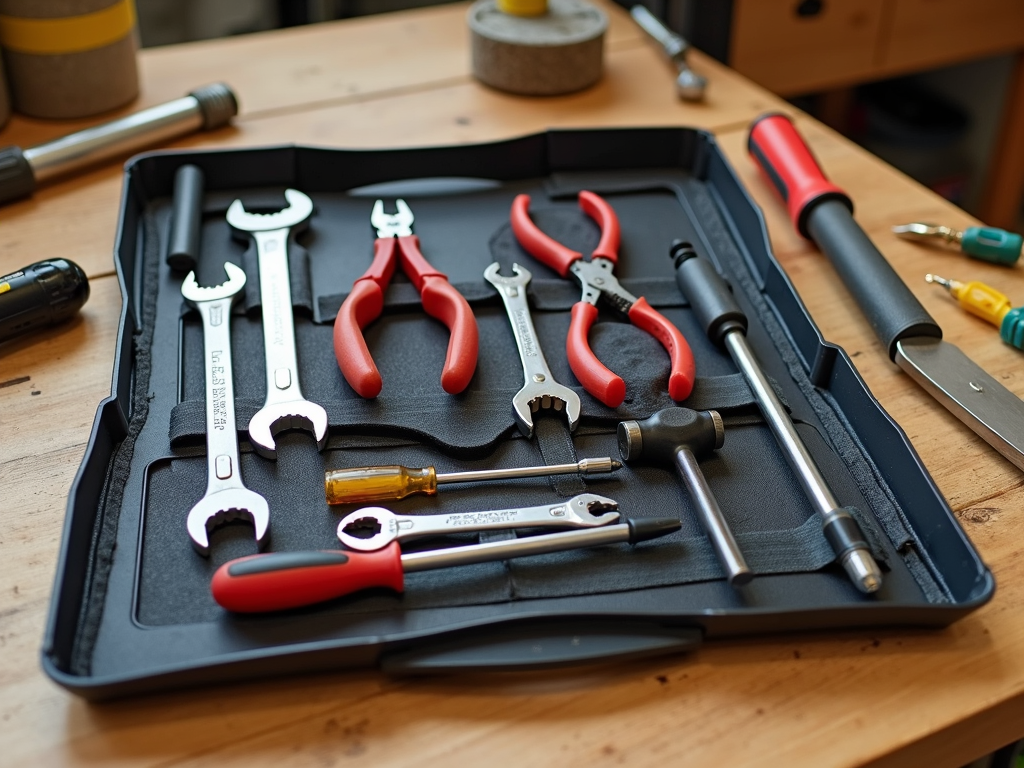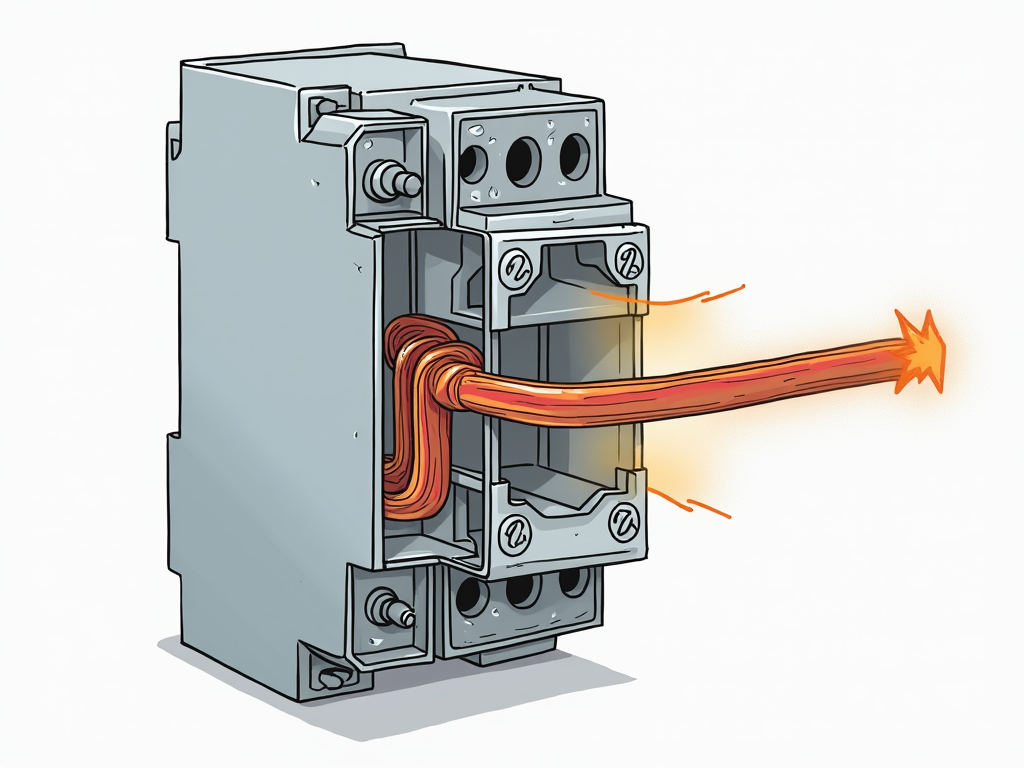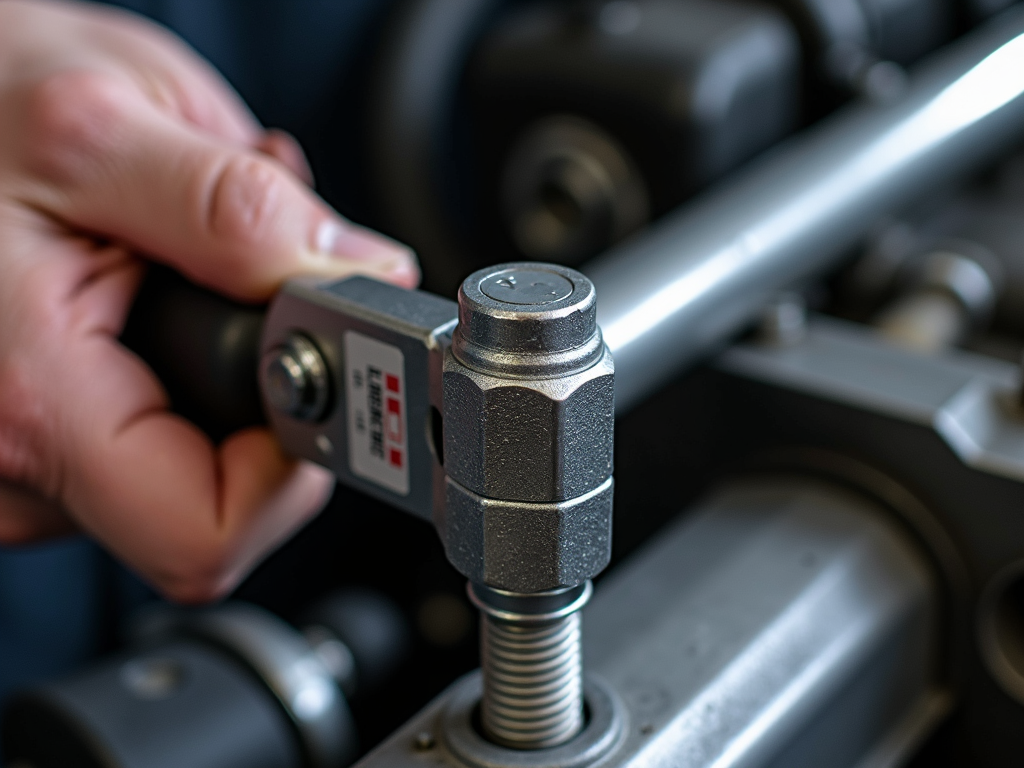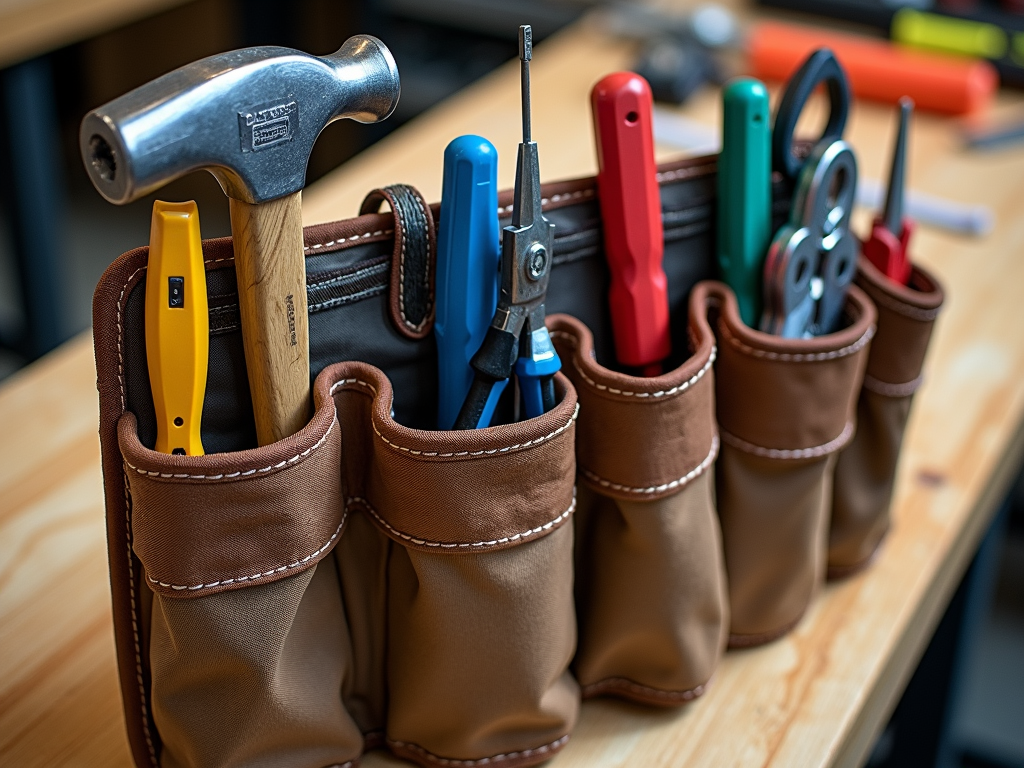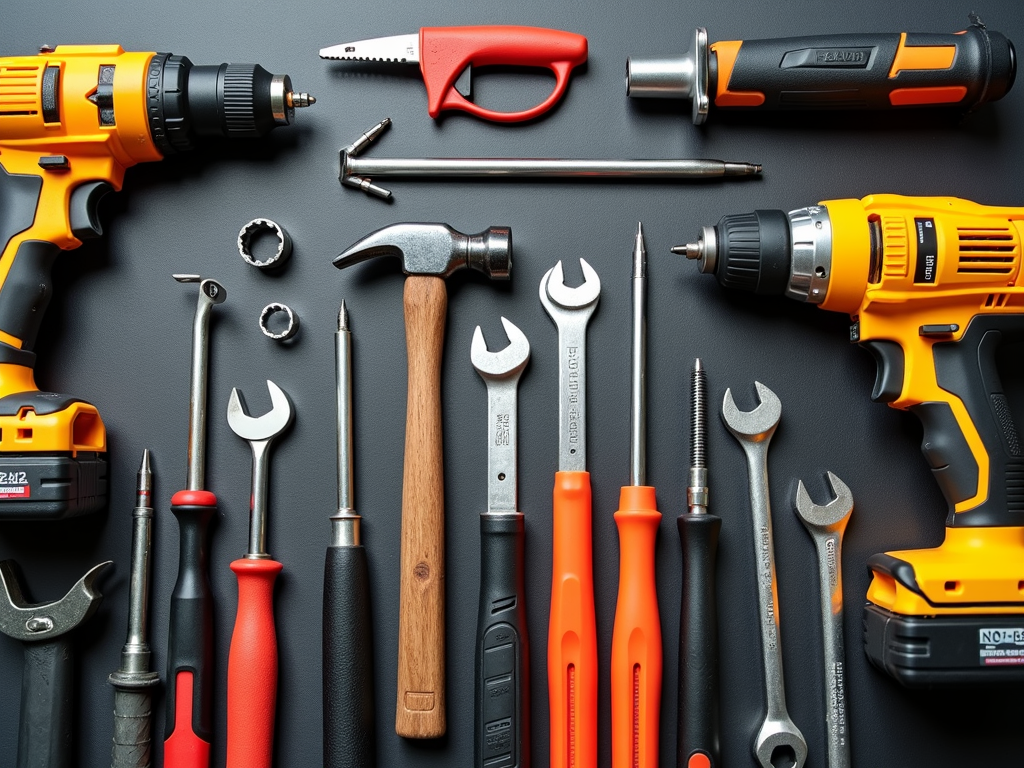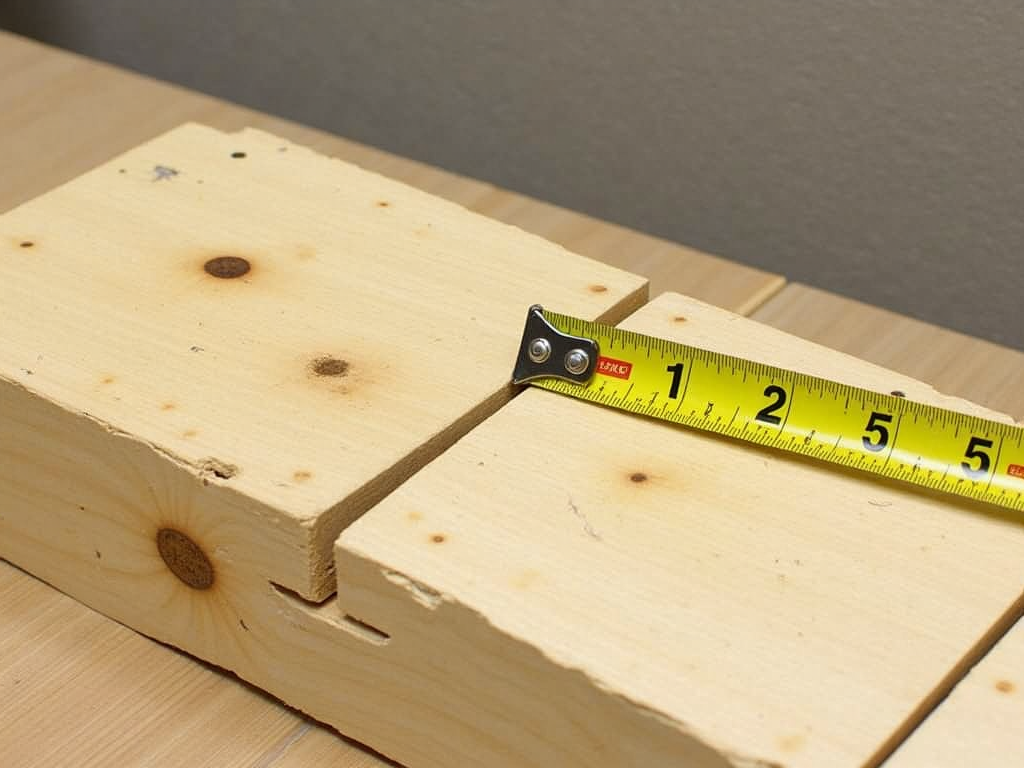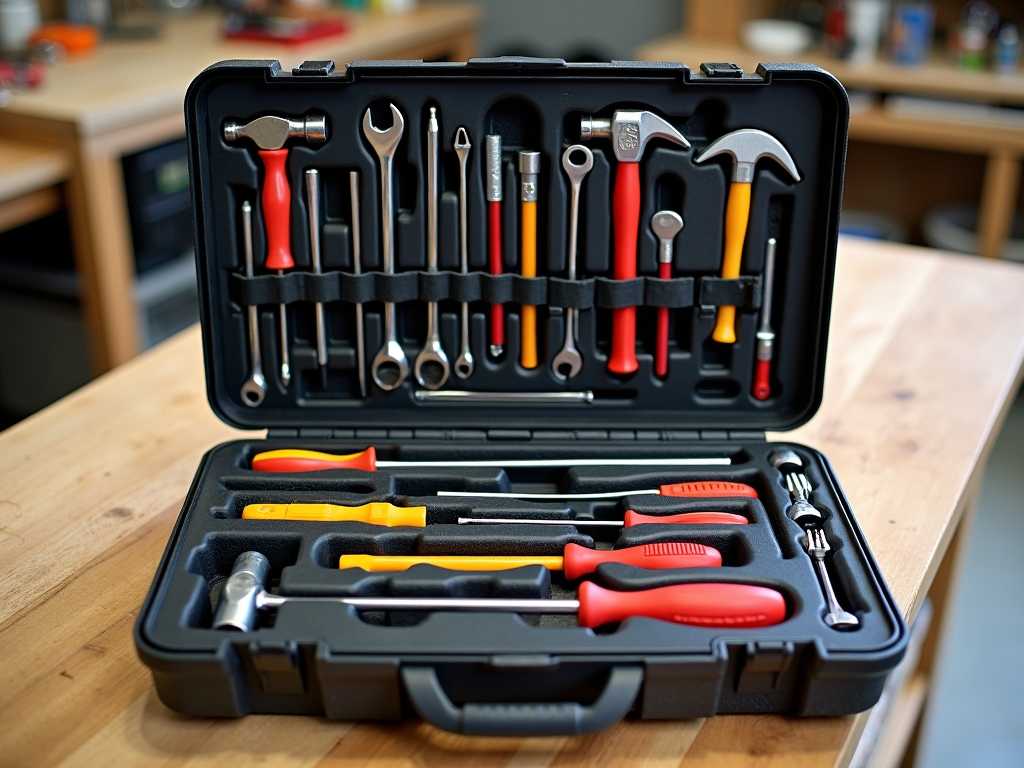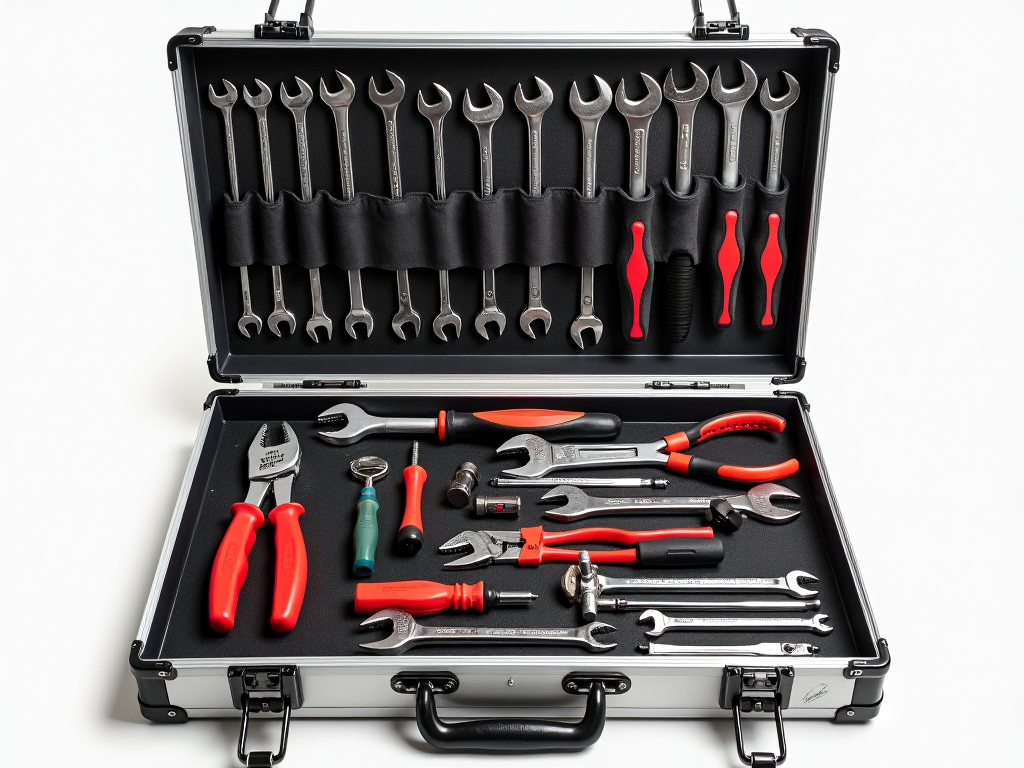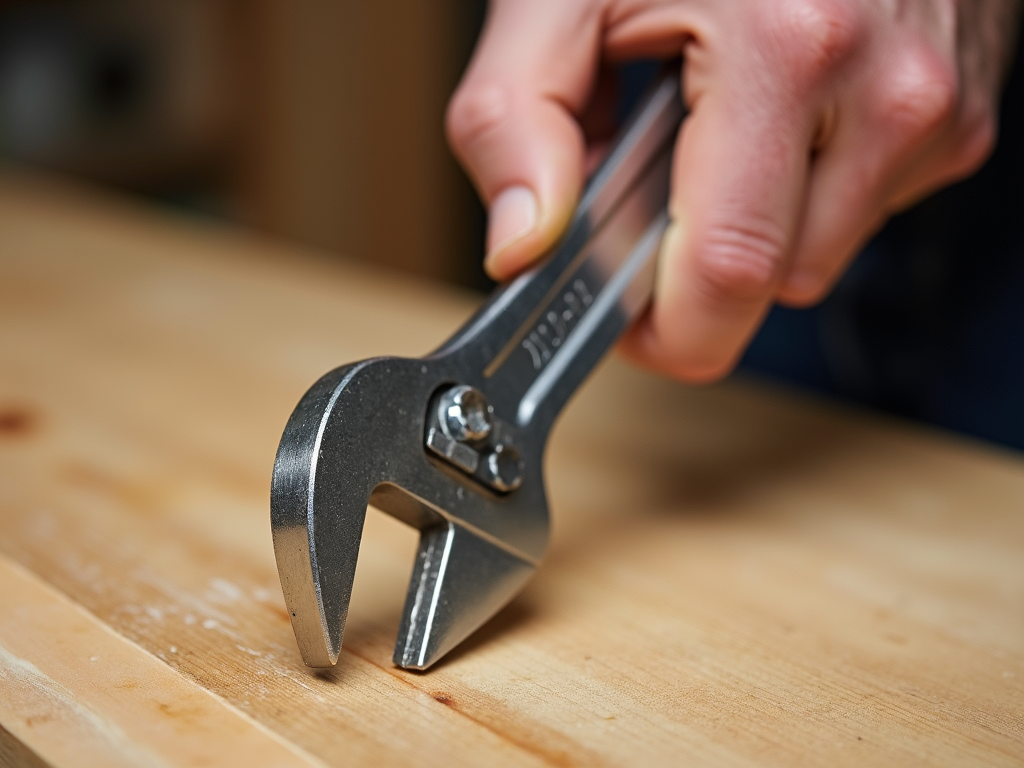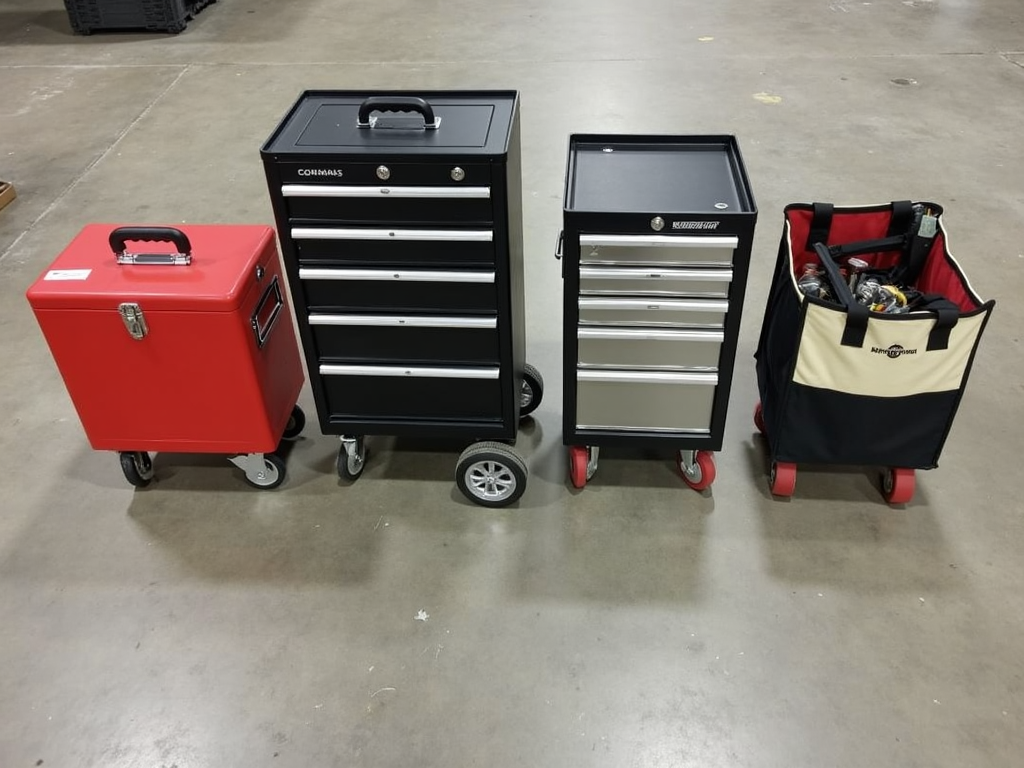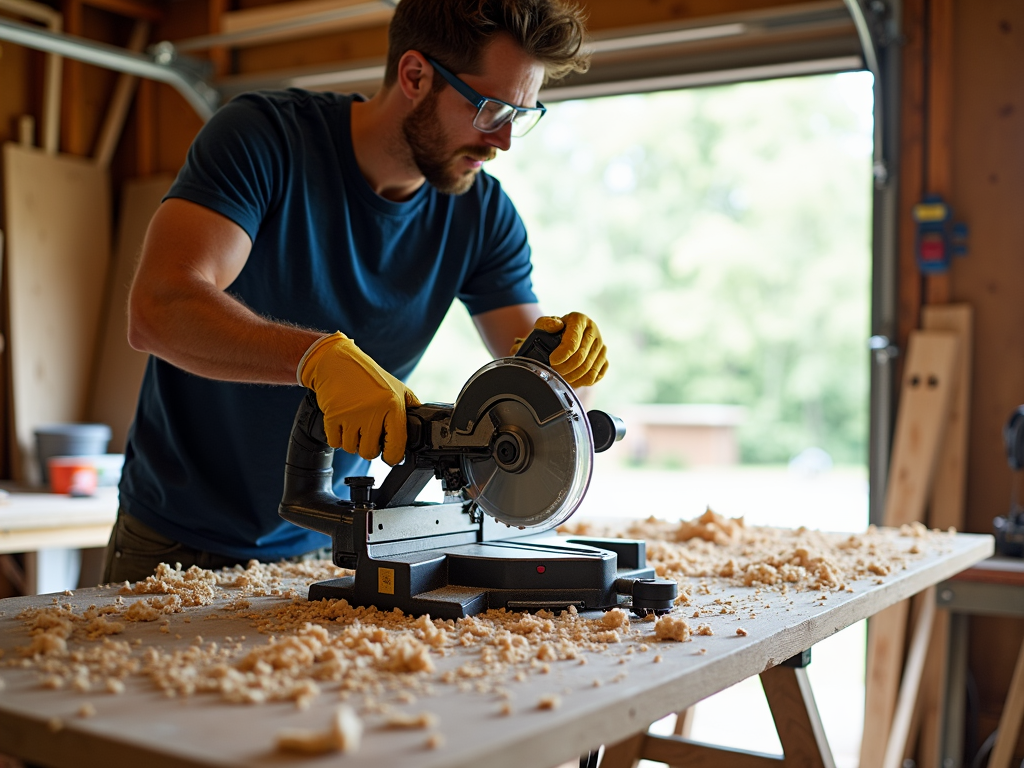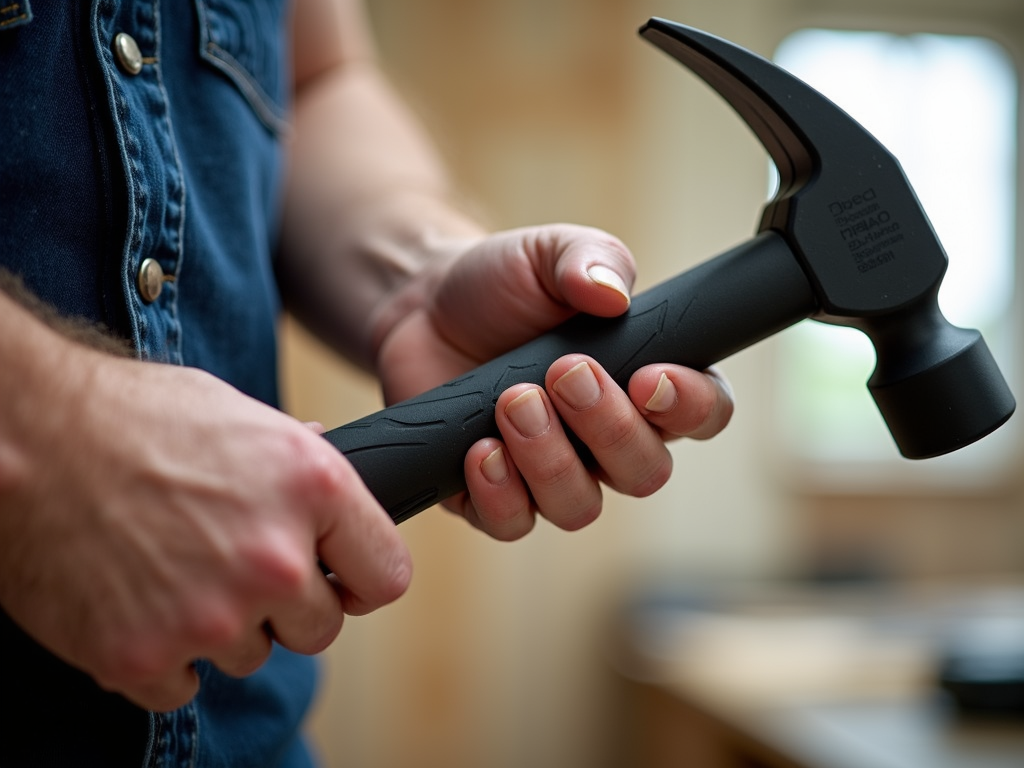When it comes to repairs, choosing between corded and cordless power tools can significantly impact your efficiency and the quality of your work. This guide will help you understand the key differences, benefits, and considerations to make the best choice for your needs.
Introduction to Power Tools for Repairs
Power tools are essential for efficient and effective repair work, whether you're a professional mechanic or a DIY enthusiast. From drilling and cutting to fastening and sanding, these tools save time and effort. For automotive repairs, having the right tool sets is crucial. Workman tools, known for their reliability, are a popular choice among professionals.
Corded Power Tools: Pros and Cons
Corded power tools are connected to a power outlet, providing consistent and unlimited power. This makes them ideal for heavy-duty tasks that require sustained performance. They are often more affordable than their cordless counterparts and are less likely to run out of power during a job.
However, the main drawback is their limited mobility. The power cord can restrict movement, especially in tight spaces or when working on vehicles. I remember working on a car in a dimly lit garage, and the corded drill was a lifesaver because I didn't have to worry about battery life. But managing the cord was a hassle, and I had to be careful not to trip over it.
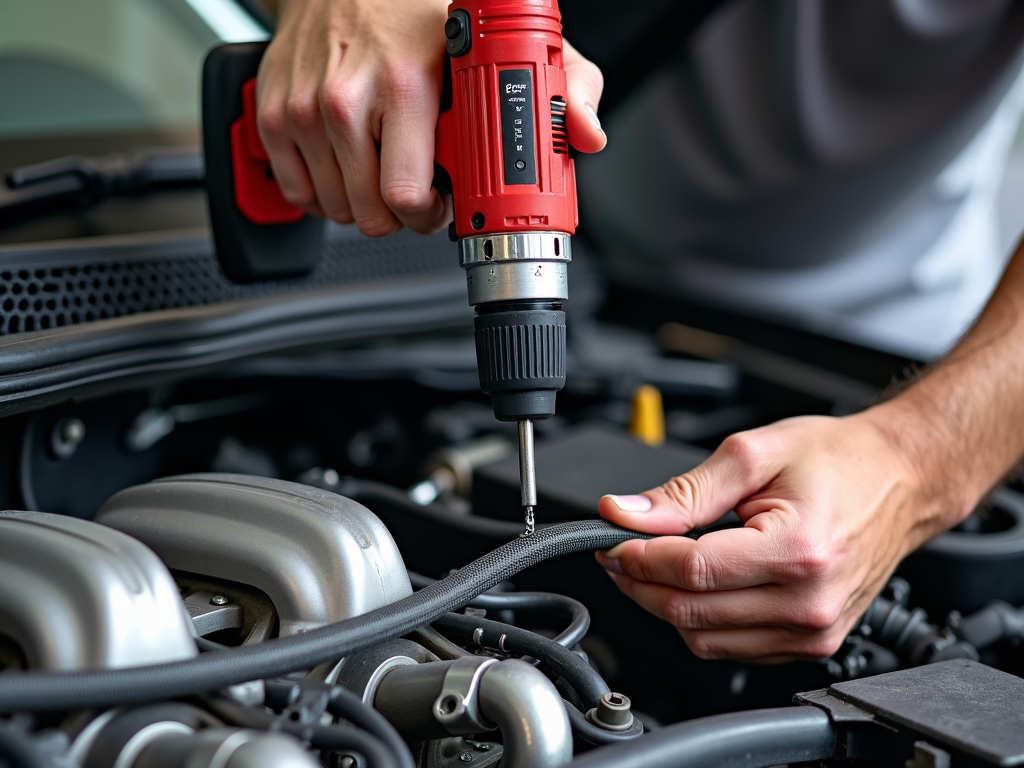
Cordless Power Tools: Pros and Cons
Cordless power tools, powered by rechargeable batteries, offer unparalleled portability and convenience. They are perfect for working in areas without easy access to power outlets or when you need to move around frequently. Advances in battery technology have significantly improved their performance and runtime.
On the downside, cordless tools can be more expensive, and their battery life may limit their use for extended periods. However, the cordless impact wrench was a game-changer when I needed to remove lug nuts from a car wheel in a tight space. The freedom to move without a cord made the job much easier.
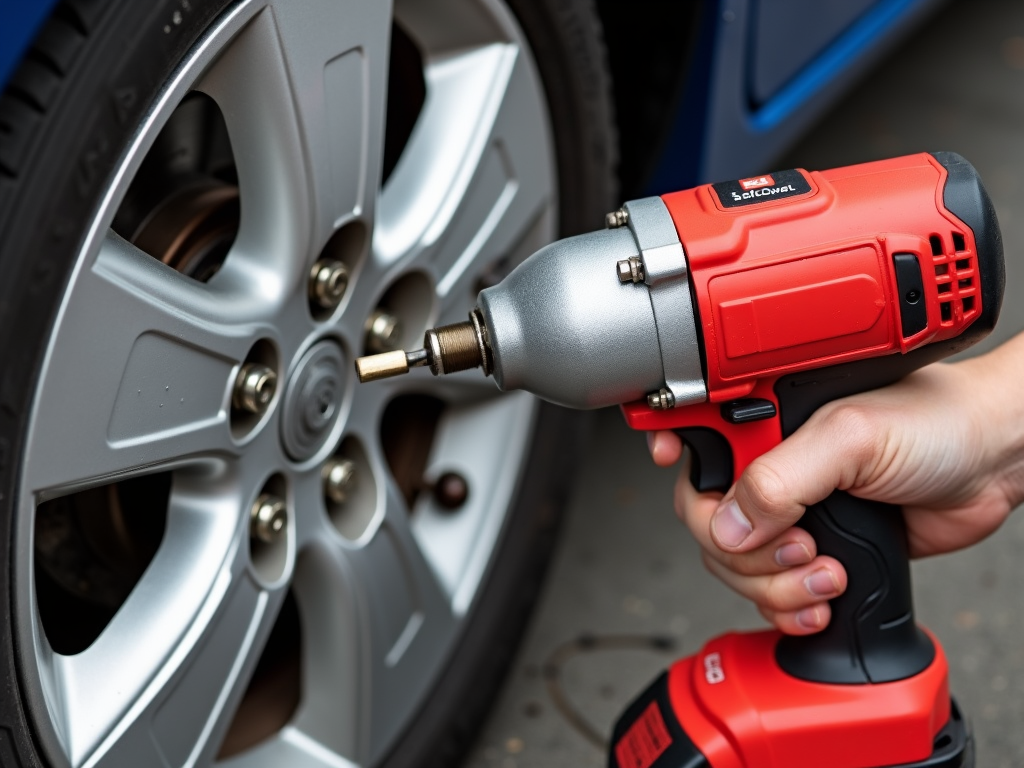
Choosing the Right Tool for Your Needs
When deciding between corded and cordless power tools, consider the following factors:
- Type of Repair: For heavy-duty tasks like drilling through metal or concrete, a corded tool might be more suitable. For lighter tasks or when mobility is key, cordless tools are a better choice.
- Frequency of Use: If you use power tools frequently, investing in high-quality cordless tools with spare batteries can be worthwhile.
- Budget: Corded tools are generally more affordable, but cordless tools offer greater flexibility.
Many tool sets for automotive repairs include both corded and cordless options to cover a wide range of tasks. This hybrid approach can be the best of both worlds.
Tool Sets for Automotive Repairs
A comprehensive tool set for automotive repairs should include a variety of power tools to handle different tasks. Essential tools include drills, impact wrenches, grinders, and sanders. Having both corded and cordless versions ensures you're prepared for any situation.
For example, a corded drill is great for tasks that require sustained power, like drilling through thick metal. A cordless impact wrench, on the other hand, is perfect for quickly removing bolts and nuts without the hassle of a cord.
A well-rounded tool set for automotive repairs should include both corded and cordless options to cover various tasks.
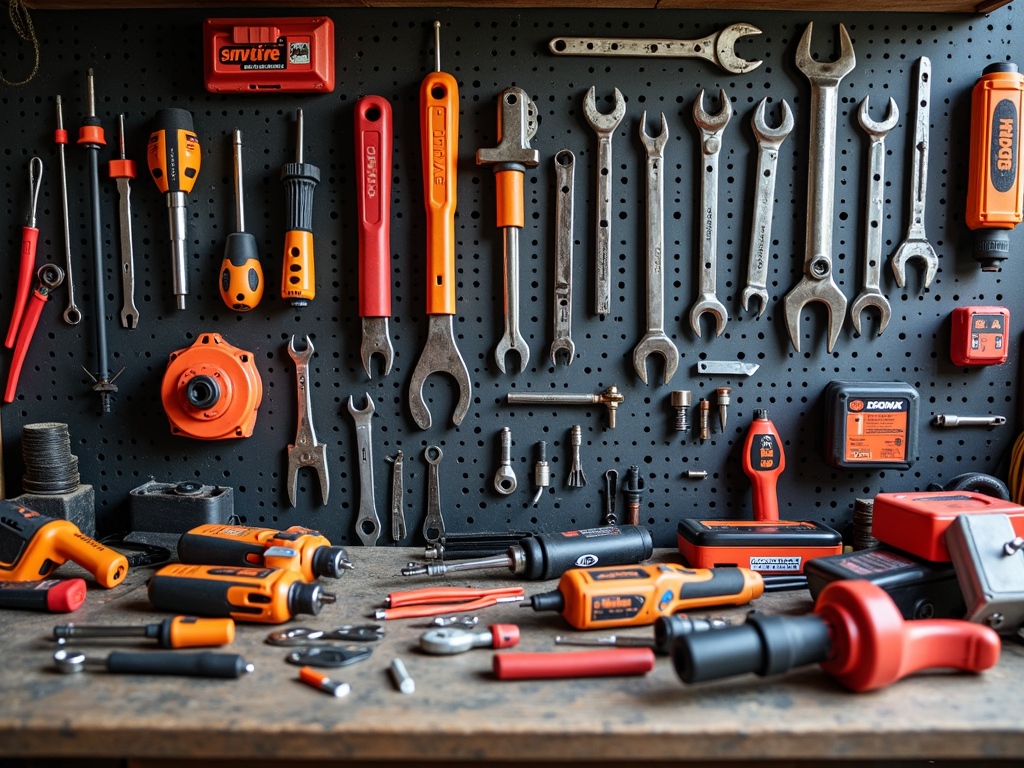
Workman Tools: Quality and Durability
Workman tools are renowned for their durability and reliability, making them a favorite among professionals. They offer a wide range of power tools, including both corded and cordless options.
When choosing between corded and cordless Workman tools, consider the specific requirements of your repair projects. For instance, their corded drills are excellent for heavy-duty applications, while their cordless screwdrivers are perfect for quick, on-the-go tasks.
Workman tools, known for their durability, are available in both corded and cordless versions, catering to different repair needs.
Summary
Choosing between corded and cordless power tools for repairs depends on your specific needs, the type of work you do, and your budget. By understanding the pros and cons of each, you can make an informed decision that enhances your efficiency and the quality of your repairs.
Related Choosing Between Corded and Cordless Power Tools for Repairs:
- Budget-Friendly Tool Sets for DIY Enthusiasts: Your Guide to Affordable Quality
- Beginner’s Guide to Circuit Breaker Troubleshooting
- How Torque Wrenches Enhance Vehicle Maintenance
- Tool Maintenance 101: Keeping Your Tools in Peak Condition
- The Ultimate Guide to Purchasing Workman Tools
- 10 Essential Tools for Every Beginner's Workshop
- Easy DIY Tool Care Tips for Longevity
- Workman Tool Maintenance Tips: Keep Your Tools in Top Shape
- DIY Project Ideas: Choosing the Right Wrench for Your Projects
- The Ultimate Guide to Toolboxes for Every Need
- Essential Safety Gear for Power Tool Projects: Protect Yourself and Work Smarter
- How Tool Design Impacts Worker Health and Efficiency: A Deep Dive into Hammer Ergonomics
